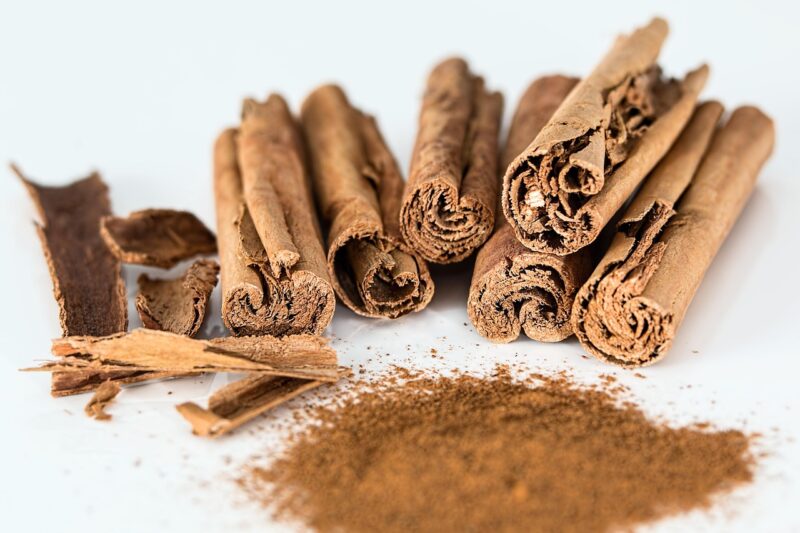This comprehensive guide will explore effective DIY methods to repel ants and eradicate their presence in your home, including eliminating their scent trails, using natural scents to deter them, creating home remedies, and crafting homemade sprays and baits.
Eliminating Ant Scent Trails
Ants have a remarkable ability to communicate and find their way back to resources through pheromone trails. If you want to rid your home of these unwelcome guests, it’s crucial to break these scent trails. Here are some effective methods:
Use Vinegar
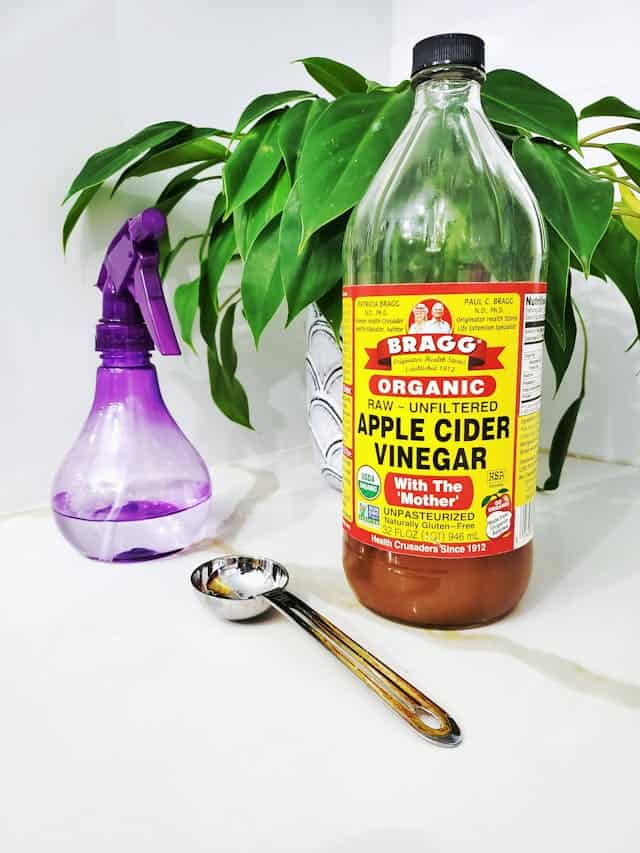
Vinegar is a powerful tool in your anti-ant arsenal. Its acidity disrupts the chemical trails ants rely on. To create a simple vinegar solution, mix equal parts of water and white vinegar in a spray bottle. Then, spray this solution on areas where you’ve spotted ants or along their trails. Not only does it clean the surfaces, but it also leaves behind a scent that confuses the ants and discourages them from returning.
Soap and Water
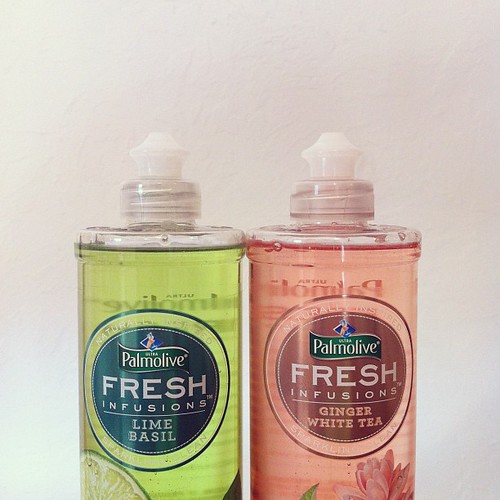
A concoction of soap and water serves as another excellent way to erase ants’ scent trails. By mixing dish soap with water, you create a mixture that not only deters ants but can also kill them on contact. Fill a spray bottle with water and add a few drops of dish soap, shaking it gently to mix. Spray this solution generously on the trails and areas where ants are entering your home. The soap breaks down their protective waxy coating, leading to dehydration and death.
Scents That Keep Ants Away
Ants have highly sensitive antennae that detect various scents in the environment. Capitalizing on this sensitivity, you can introduce smells that ants find unpleasant.
Essential Oils

Essential oils are an effective yet pleasant-smelling way to repel ants. Oils like peppermint, tea tree, and eucalyptus are known for their strong fragrances that ants dislike. To create an essential oil repellent, mix about 10-20 drops of your chosen essential oil with water in a spray bottle. Shake it gently before use, and spray areas where you’ve seen ant activity. Not only will your home smell lovely, but you’ll also keep ants at bay.
Household Ingredients
There are numerous household ingredients that work wonders in repelling ants. For instance, cinnamon is a versatile spice that’s been used for ages to deter insects. Sprinkle cinnamon at entry points or mix it with a bit of water and spray it in areas where ants invade. Other effective ingredients include cayenne pepper and clove oil, both of which can create an environment that ants would rather avoid.
DIY Ant Killers (Home Remedies That Work)
In addition to repelling ants, you can also create solutions that effectively eliminate them.
Baking Soda and Powdered Sugar Mixture
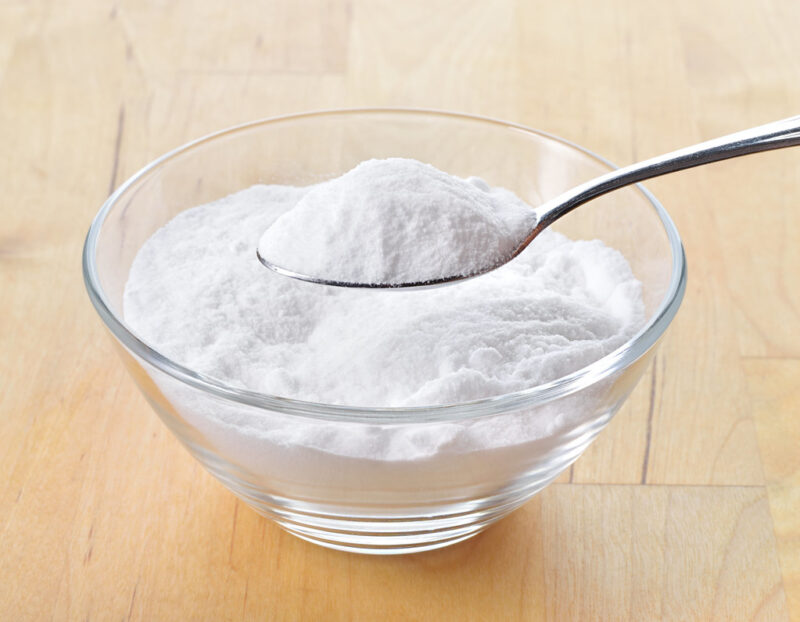
One of the most effective and easy DIY ant killers involves using a simple mixture of baking soda and powdered sugar. The sweet scent of sugar attracts ants, while the baking soda is deadly to them. To create this bait, combine equal parts of baking soda and powdered sugar, then place small amounts in shallow dishes near ant trails and nests. The ants will take the bait back to their colony, where it will do the most harm.
Cornstarch as a Physical Ant Killer
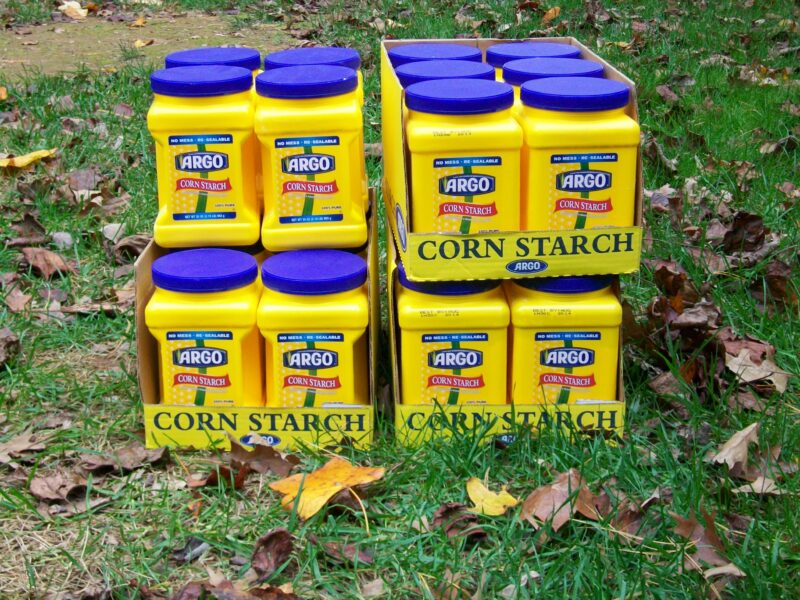
Cornstarch may not seem like a formidable weapon, but it serves as a natural insecticide when used strategically. By sprinkling cornstarch around areas where ants are frequently seen, you create a barrier that clogs and suffocates them. It’s essential to follow this up by vacuuming up the dead ants and the cornstarch to maintain hygiene.
Saltwater for Dehydration
Salt is an excellent desiccant, which means it draws moisture out of substances. To utilize salt against ants, mix salt with water to create a concentrated solution. Spray this salty concoction on areas where ants appear or along their trails. The osmotic effect of salt will dehydrate the ants, leading to their demise. Just be cautious about using salt around plants, as it can harm them.
Homemade Ant Sprays and Baits
Crafting effective DIY sprays and baits allows you to tackle ant infestations proactively and sustainably. Here are some recipes to consider:
Vinegar and Dish Soap Spray
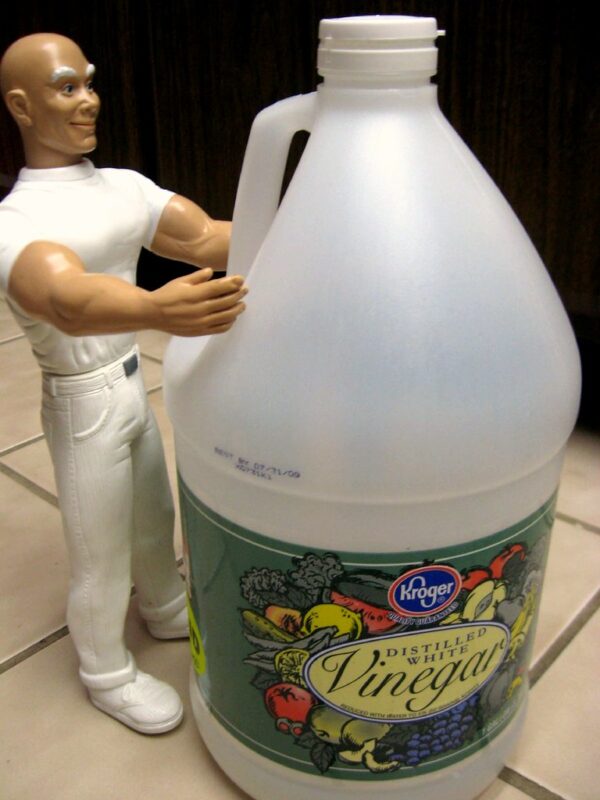
Combining vinegar with dish soap creates a super-effective spray that can kill ants on contact and disrupt their scent trails. Mix equal parts of vinegar and water with a few squirts of dish soap in a spray bottle. Spray directly onto ants when you see them and on areas where they frequently travel. This method not only helps abolish ant populations but also cleans surfaces.
Lemon Juice Spray
The acidity of lemon juice is another natural deterrent for ants. By mixing lemon juice with water in a spray bottle, you can create a barrier that smells fresh and keeps ants away. The acidic nature disrupts their trails and sends them marching away from your home. Spray the solution along entry points and in corners where ants tend to gather.
Borax and Honey or Corn Syrup Bait
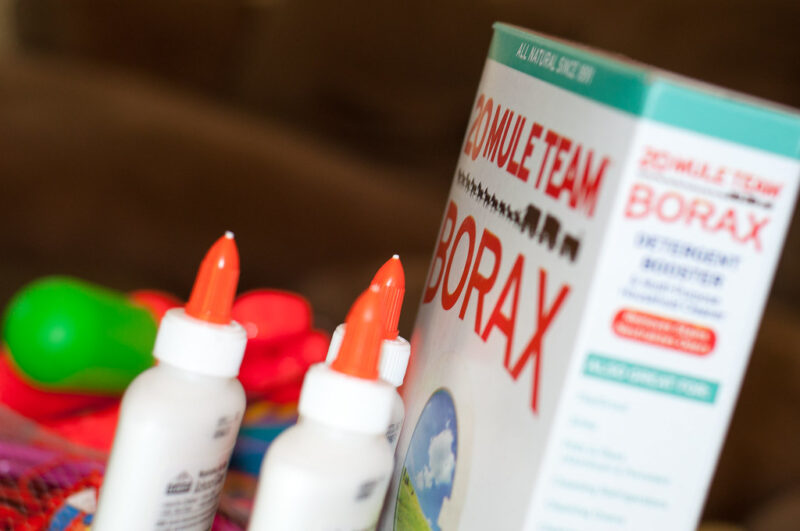
A surprisingly effective bait involves the use of Borax along with sweet substances like honey or corn syrup. The sweetness attracts ants, while Borax acts as a poison. Mix a tablespoon of Borax with a few tablespoons of honey or corn syrup and place this mixture on small pieces of cardboard near ant trails. The ants will carry it back to their colony, where it will take effect.
Cinnamon Oil Spray
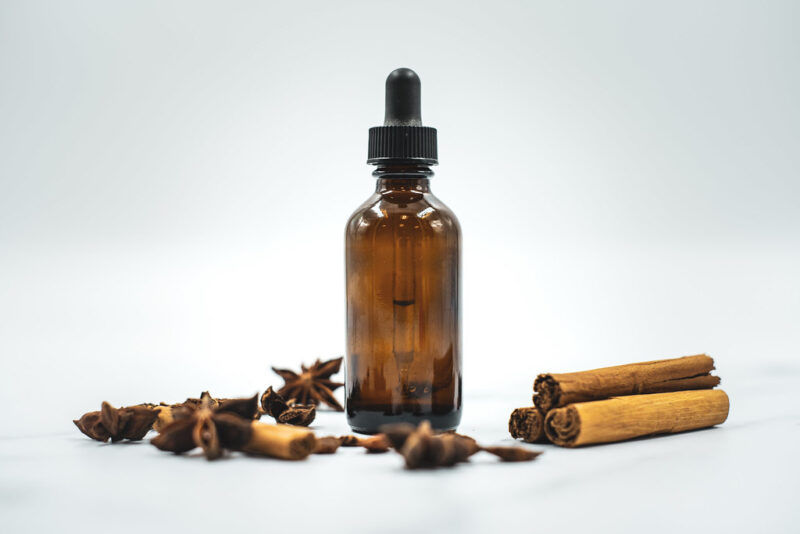
Cinnamon oil is not only aromatic but also an effective ant repellent. Combine a few drops of cinnamon essential oil with water in a spray bottle. Spray this mixture around entryways and areas of activity to create a barrier that ants will avoid. The scent is pleasant for humans but overpowering for ants, making it a useful tool in your repelling repertoire.
Peppermint Oil Spray
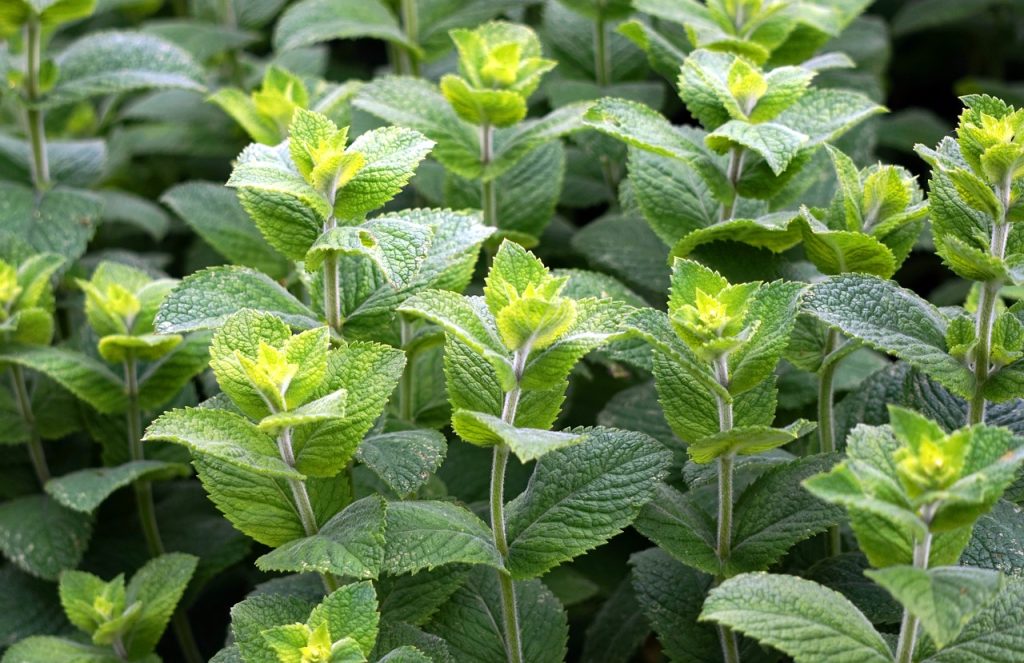
Similar to cinnamon oil, peppermint essential oil serves as an excellent deterrent. The strong minty aroma disrupts ant trails and masks their intended routes. Mix a tablespoon of peppermint oil with water in a spray bottle and apply it to problem areas. The refreshing scent will keep ants guessing and encourage them to seek food sources elsewhere.
Conclusion
Dealing with ants indoors does not require toxic chemicals or professional pest control services. With simple home ingredients and some creativity, you can craft effective DIY indoor ant repellents that are safe and eco-friendly. From eliminating their scent trails with vinegar and soap to utilizing homemade sprays and unique bait recipes, these methods will help you reclaim your space and minimize the chances of future infestations



